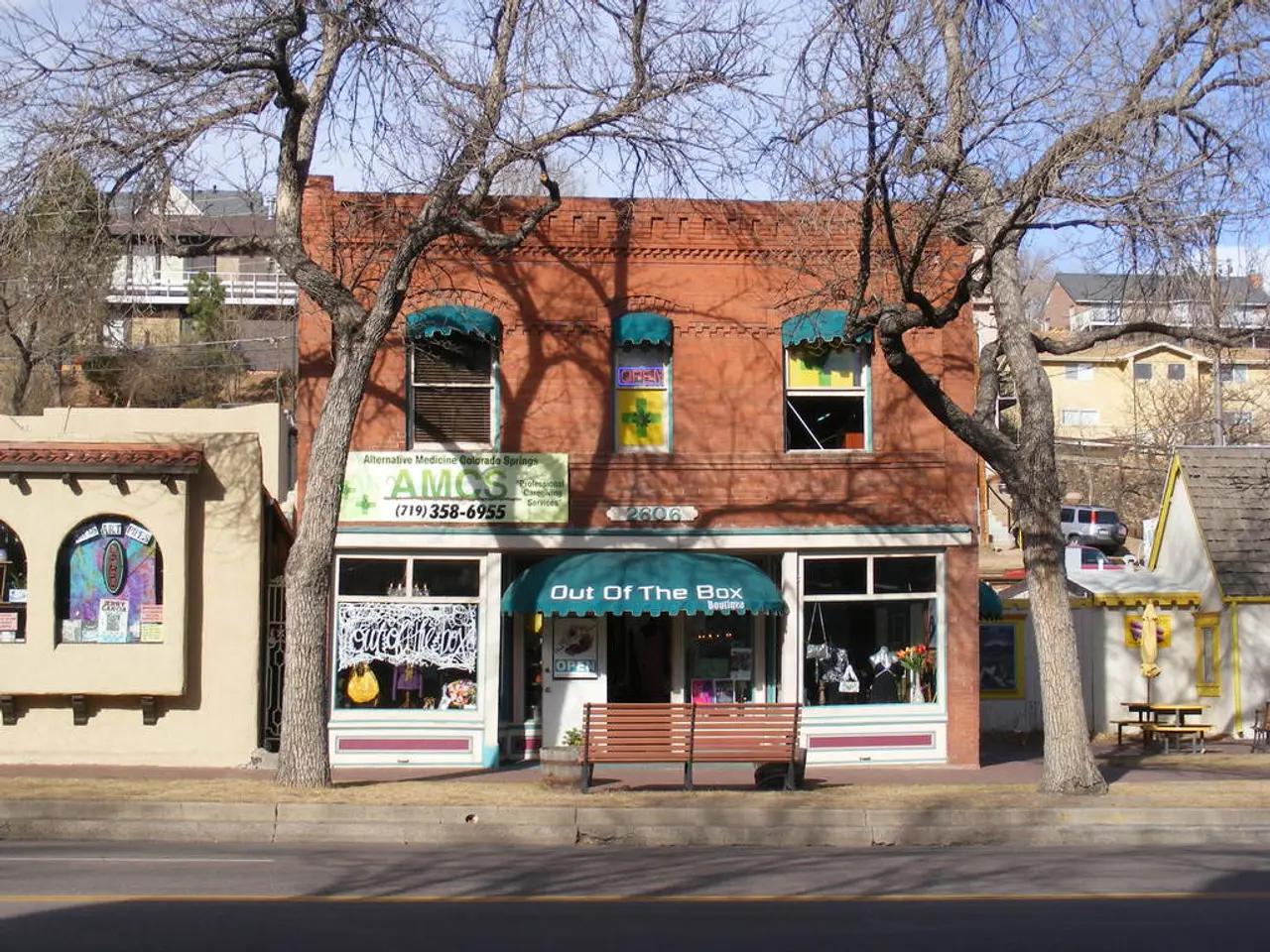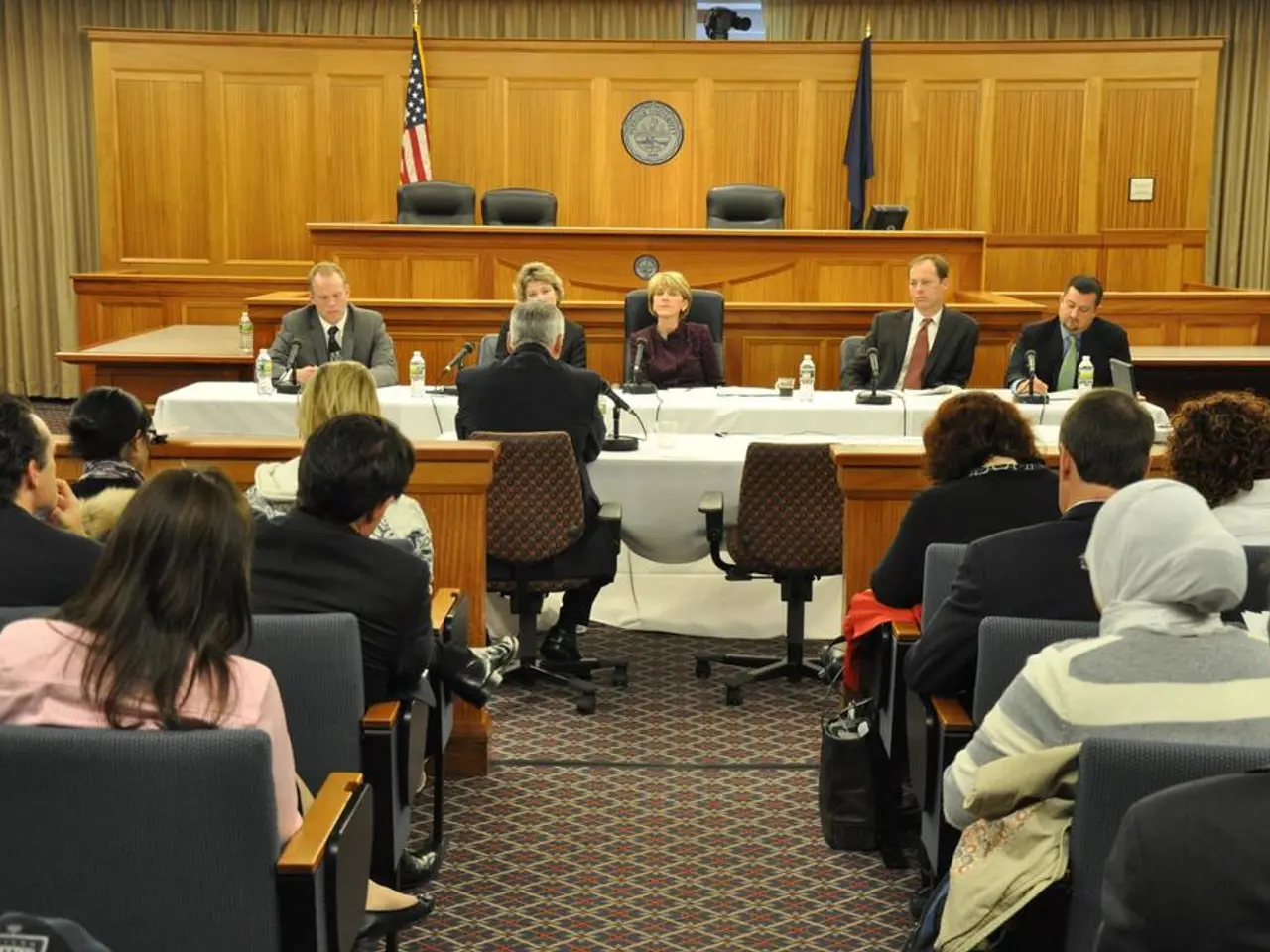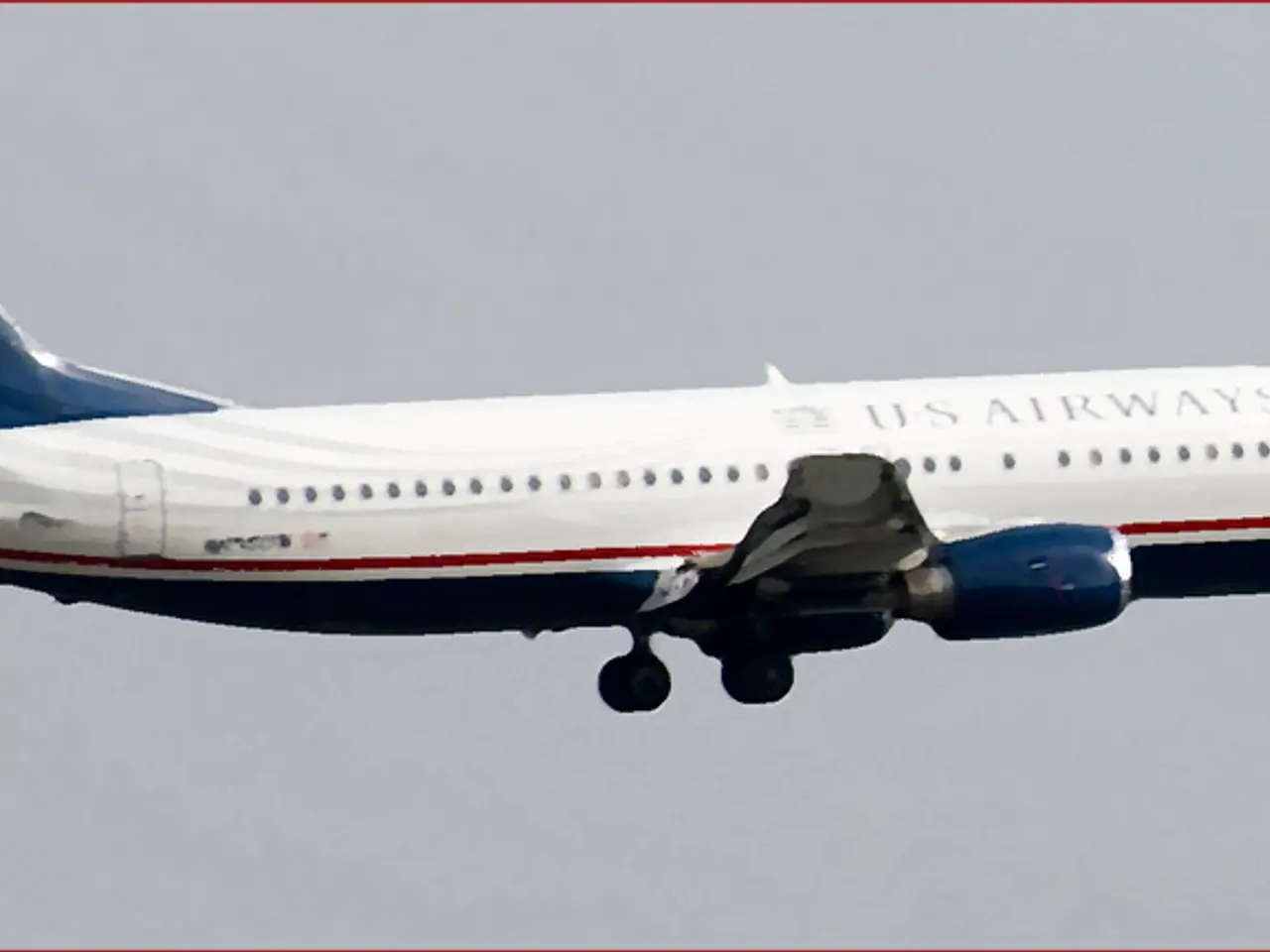In the journey back, they forfeited their scant possessions: "They confiscated the meager belongings we'd amassed"
Sonia Coria and Carlos León, a family from Glendale, Arizona, found themselves in a precarious situation after fleeing threats from cartels in the state of Michoacán, Mexico. They sought refuge in the U.S., but their journey was fraught with challenges.
Upon returning to Mexico, the family's vehicle was confiscated by the Mexican National Guard and they were fined $5,000, losing all their savings. This incident, as detailed in a 2025 case report, is indicative of the rigorous enforcement of customs regulations on vehicles brought into Mexico by returning migrants or asylum seekers.
The family had lived modestly in the U.S., with Coria working sporadic cleaning jobs and León working as a gardener. Upon returning to Mexico, their goal was to buy land and open a mechanic's workshop. However, their dreams were shattered when their truck was seized, leaving them with no means of transportation and no savings.
The family spent a night at Ministerios NANA, a Christian organization in the border city of Nogales, before they managed to buy a Ford F-150 truck in installments for $4,000.
In June, they received an extensive letter from Customs informing them that their original truck had been seized and they owed around $18,000 in duties for bringing the vehicle to Mexico. The confiscated vehicle was declared property of the Mexican federal treasury.
In this challenging enforcement and humanitarian environment at the Mexico-U.S. border, the family was assisted by the NGO Voices of the Frontier and Salvación. The organizations helped transport the family's belongings and raised over $1,000 to buy bus tickets for the family and send some belongings to Coria's mother.
The family's ordeal reflects a complex situation at the border, combining strict border security with complex customs regulations on returning migrants' property. While broader enforcement at the U.S. side focuses on detentions, criminal penalties for crossing military zones, and asylum processing restrictions, Mexican authorities rigorously enforce customs regulations on vehicles brought into Mexico, particularly when proper vehicle ownership documentation is lacking.
The family left the U.S. due to the Republican promise of a large-scale deportation operation and the detention of a Mexican father living nearby. They returned to their city on January 20. Despite the hardships they faced, the family remains hopeful and determined to rebuild their lives in Mexico.
- The confiscation of their vehicle and subsequent fine, as faced by Sonia Coria and Carlos León, is an example of the stringent policy-and-legislation surrounding migration in Mexico, a part of the broader news category related to crime-and-justice and politics.
- The family's struggles with customs regulations upon returning to Mexico highlight the complexities involved in migration, where the rigorous enforcement of these regulations adds to the challenges faced by migrants and asylum seekers, often intertwined with general-news topics like humanitarian crises and border security.
- As the incident of vehicle confiscation demonstrated, the family's return to Mexico was marked by financial and logistical difficulties, which stemmed from the strict enforcement of customs regulations, a key aspect of the policy-and-legislation surrounding migration in the border region, touching upon crime-and-justice and politics.






